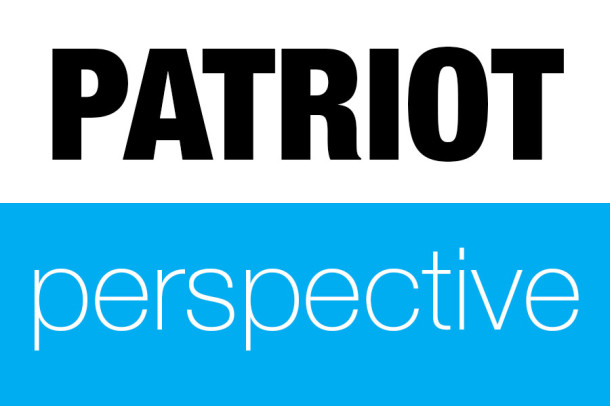Standard exam practices hurt students’ learning by promoting useless memorization and reducing creativity
Exams are a fact of life. They are necessary for teachers to test their students’ knowledge of the course. But currently, every exam is in the same format. Having a plethora of multiple choice questions may work for one class, but definitely not all of them.
Specialized exams for each class would greatly benefit the exam process, helping teachers better assess their students’ comprehension of the course.
Some classes work well with the current format of exams. Math requires us to solve problems and prove our answers through work. Currently, the math exams actually help us. For one, the math SAT is multiple choice with a few “grid-ins,” and so are math exams at JC.
The current English exams are also very effective. In English, essays are inevitable. Their purpose is to condense all that we’ve learned into one creative piece of work. The current format of English exams, that test both objective and subjective questions, are probably the most effective.
While math and English are great at testing us, some classes are not fit for the current format of exams. Science tests your ability to learn material and apply it to actual situations. Science is not meant to be regurgitated onto a bubble sheet, it is meant to be tested in labs and real-life situations. Having a hands-on lab for science exams would effectively measure the information learned during the class.
With the exception of anatomy and earth science, multiple-choice questions on science exams should be omitted altogether. Instead of asking us to solve an equation on how much carbon dioxide is produced in an hypothetical situation, why not take us to the lab and have us demonstrate our comprehension of combustion reactions by working out a lab and writing a report on it?
Foreign language classes are sheer memorization. The best method of measuring a student’s comprehension of foreign language is having them speak it. Most teachers require oral exams, but they are often just sentence-long answers to simple questions and do not genuinely show how well a student understands the language. We should have conversations with the teacher that reflect what we learned through the year.
Term papers, when given an adequate amount of time to be prepared, would be a good way to assess students’ understanding of certain courses, especially when applied to those classes where multiple-choice exams may seem inevitable. They can detail the history of the Catholic Church or ask how a student would solve a hypothetical environmental science problem.
Religion teacher Elise Gower is having her social justice students work on a project instead of having an exam. Students have to research a social injustice and present ideas to spread awareness of it. They have to create a three slide presentation and a two page paper and an action plan.
This is a prime example of how an exam can be given in a format fit for the class. Having teachers find new ways to test their students is a great way to ensure their full comprehension of the class.
More teachers can learn from this innovative exam technique. By specializing exams, students can more effectively demonstrate their understanding of the material covered through the year.



